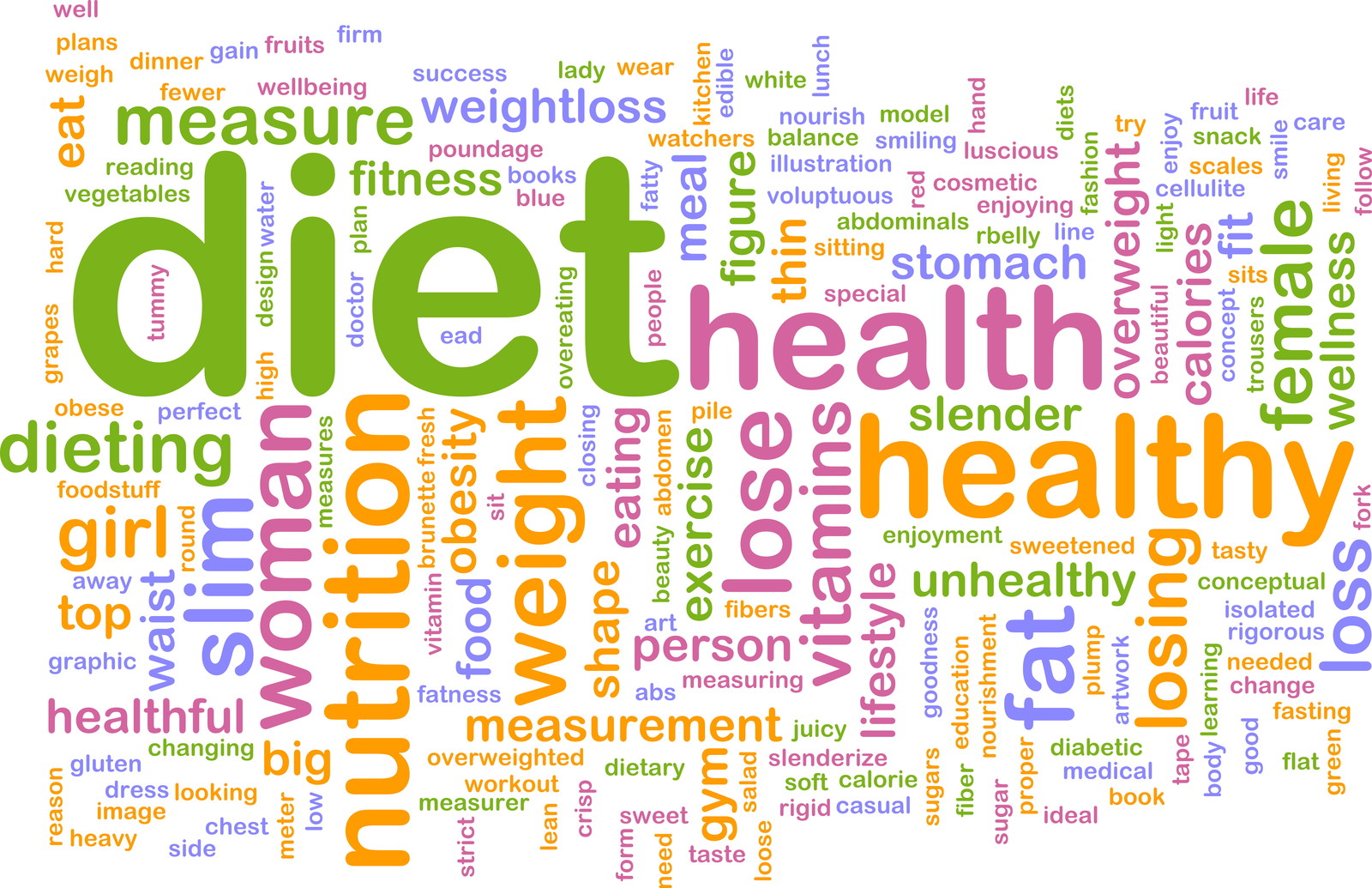[ad_1]
In this article we’re going to cover a little known type of fraud, though becoming more and more common and a bigger problem each year, this is diet fraud.
The fact is, a great number of people in the world and especially in the United States are overweight. It is one of the largest growing health concerns in this country and getting worse every year. Because of this problem, diet programs are everywhere. Many of them like Weight Watchers have been around for a very long time and are reputable companies. Unfortunately, there are a great number of diet plans out there that are flat out fraudulent in that they promote a weight loss program that doesn’t work or is just plain dangerous.
So, how does one recognize these fraudulent diet programs? Unfortunately it is not easy to do. Many of the criminals who commit this fraud do so in such a manner that their diet plan or meal looks legit. Add to this the fact that they are preying on poor people who are at the end of their ropes when it comes to losing weight and it becomes very easy to get these people sucked into the fraudulent program. Having said that, there are some things to look out for that may alert you to a possible fraud.
Many of the latest diet programs can be seen on infomercials on television. One thing to watch out for is information that seems too good to be true, such as losing inches from your waistline in a matter of days. Even if a program like this were to work, which is doubtful, it is dangerous to lose weight that quickly. For a truly healthy diet and exercise routine you shouldn’t lose more than a pound or two each week. If a program says you will lose some crazy amount like 10 pounds in 10 days then most likely the program is either fraudulent or very dangerous.
Another thing to look out for when it comes to diet programs is the testimonials. Take a look at the people on these commercials. In most cases they are far from having need of a diet. Many look like fashion models or paid actors and actresses. Be wary of before and after photos as with today’s technology it is very easy to doctor a photo.
Another thing to watch out for is any plan that says you can lose weight without any exercise or that you can lose weight by just putting on their special heat treated tummy trimmer or whatever nonsense they call it. There is no way to lose weight in a healthy manner without proper diet and exercise. Anyone who says differently is not to be trusted.
Mostly, use your common sense. If you see a weight loss plan that looks too good to be true then most likely it is and all it is going to make you lose is the money that you spent on the plan itself.
Good common sense will pick out a diet scam with no trouble at all.
[ad_2]
Source by Michael Russell
